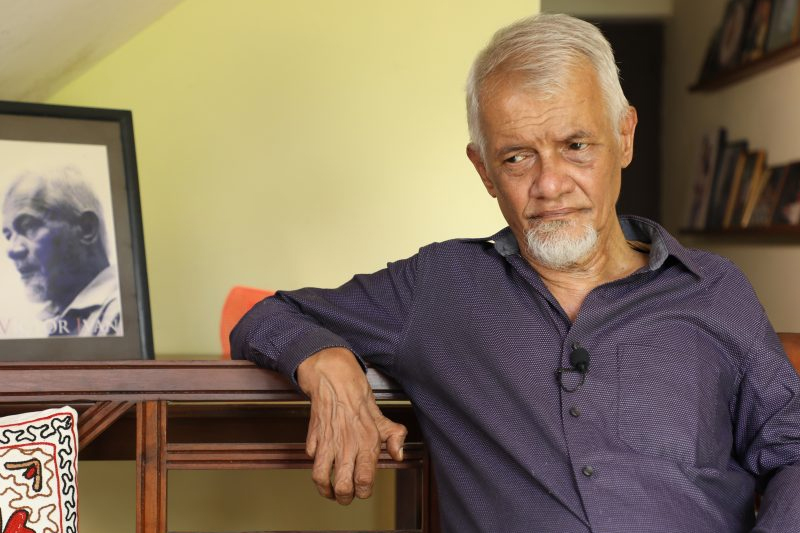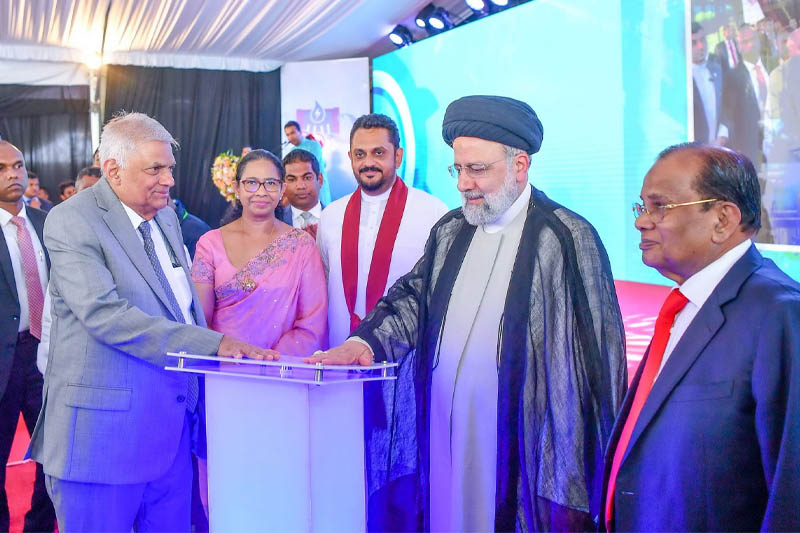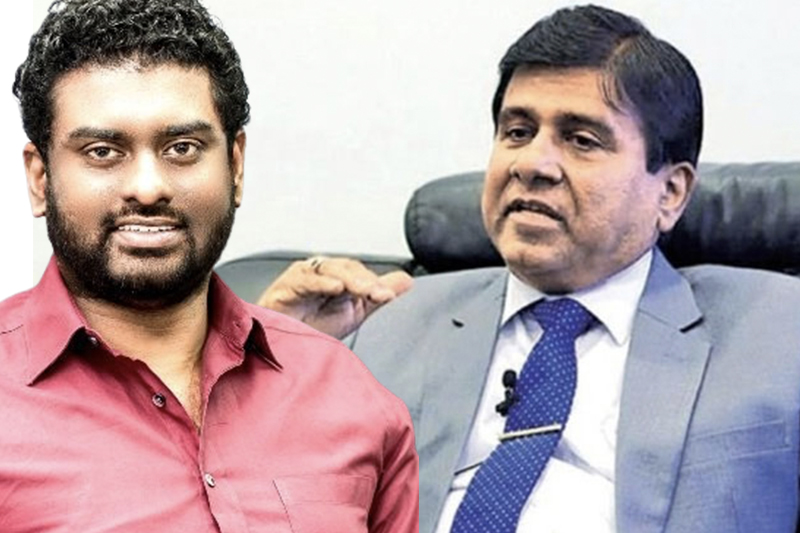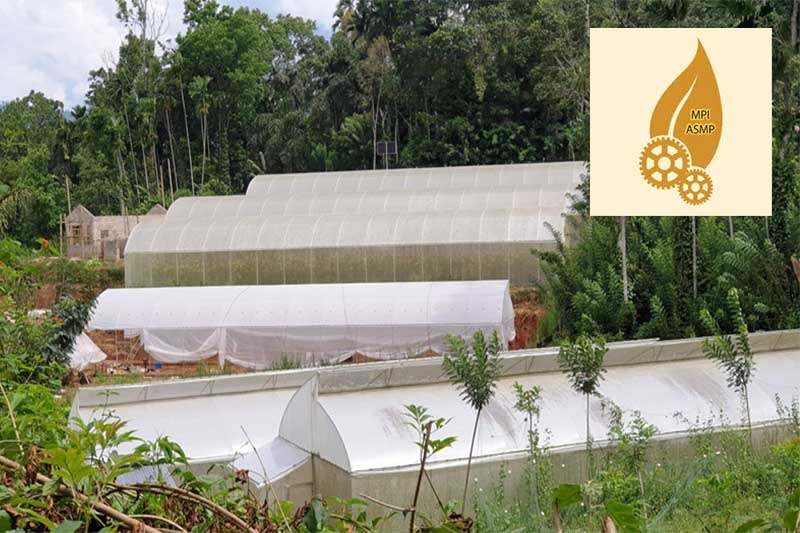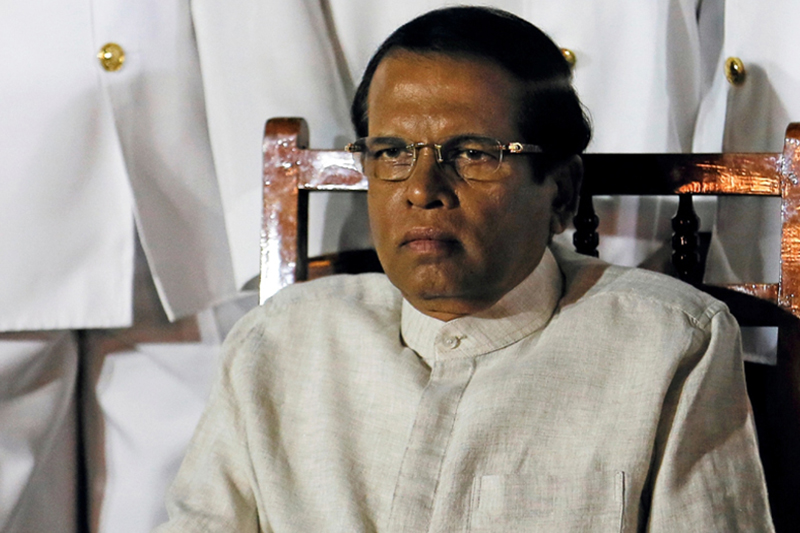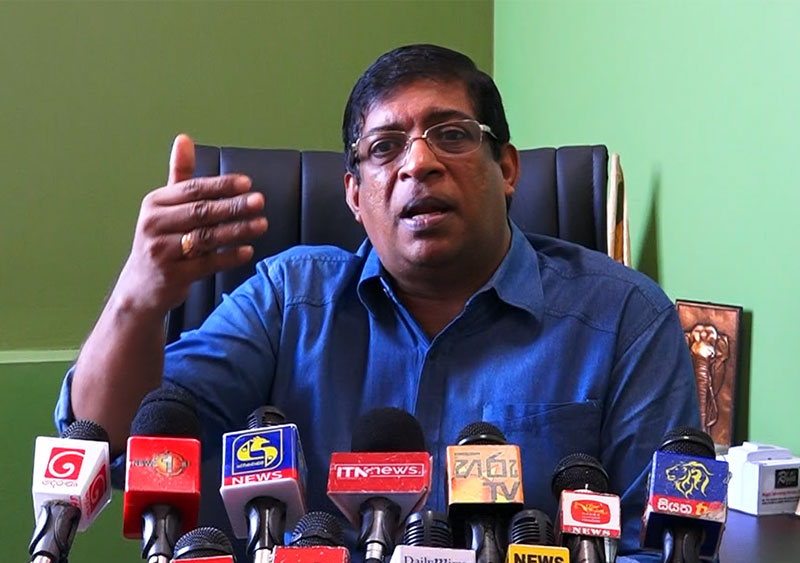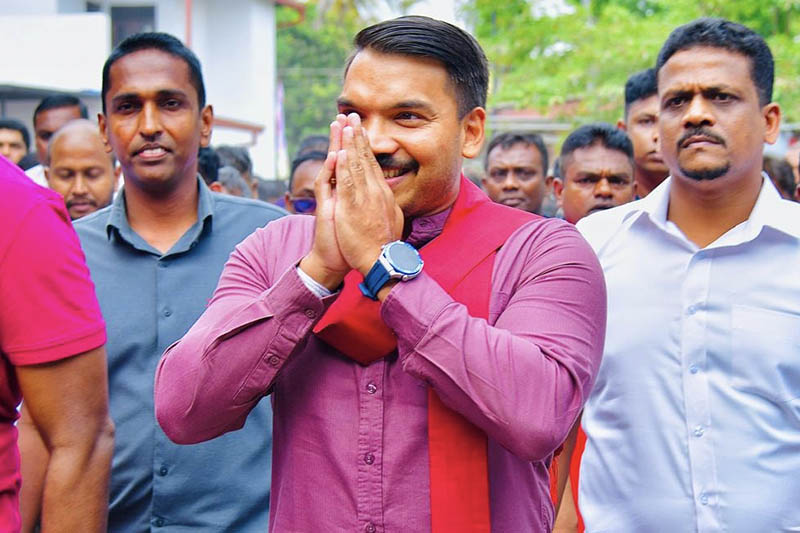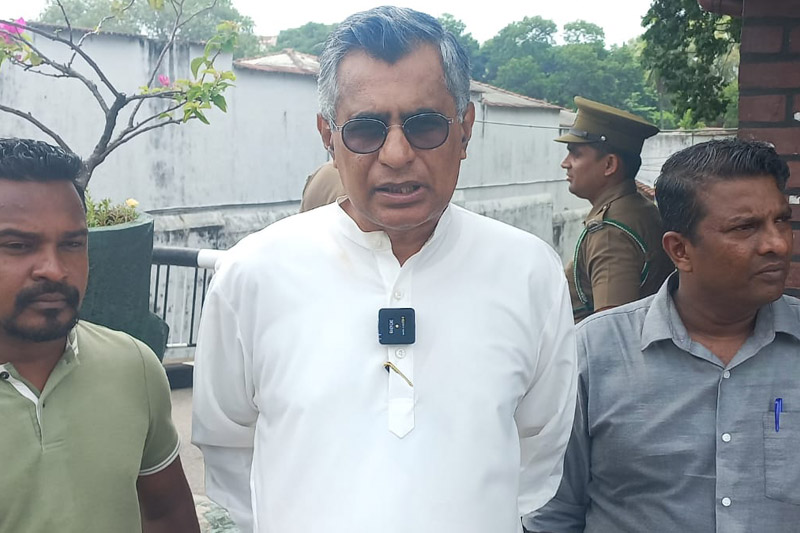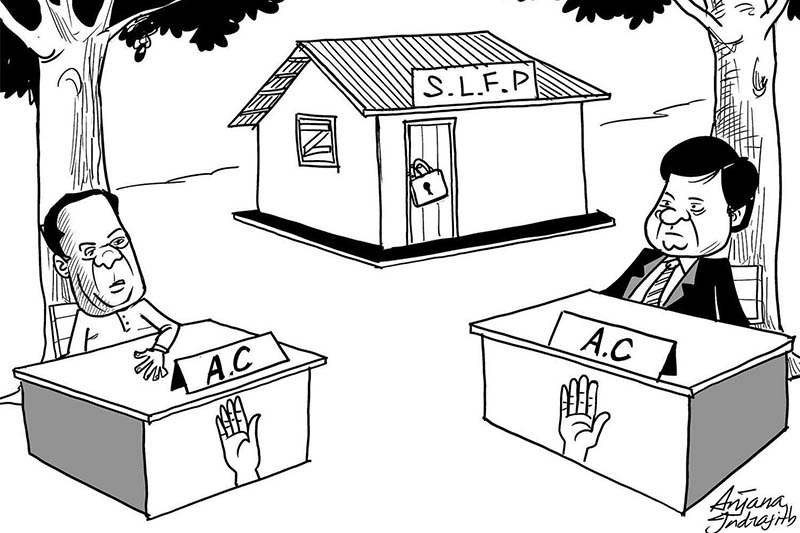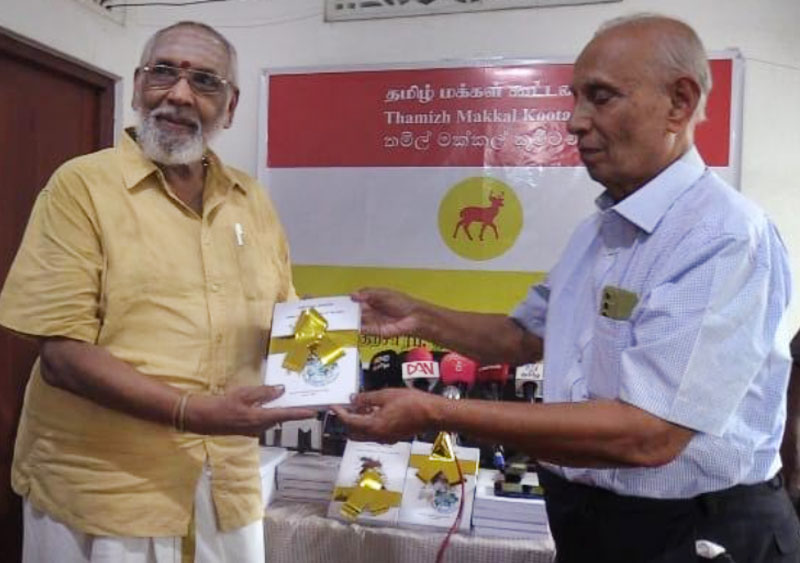Although the government has been able to deal with and recover from the economic collapse that occurred with the bankruptcy of Sri Lanka to some extent, the goal of overcoming the situation fully still remains a difficult task that will invariably cause untold sufferings to the people.
This crisis can be considered as the biggest crisis that Sri Lanka has faced since entering the modern era. Considering all the crises that Sri Lanka has faced before, the present crisis is much bigger and more complex than all of them put together. If it was a crisis restricted only to the balance of payments without involving the socio-political system, the pain it has inflicted upon the people and the country would not have been so great. If it was the case, it would have been easier to overcome the crisis.
However, the crisis facing Sri Lanka is not limited to the balance of payments crisis only; it can be considered as a crisis that has integrated the socio-political system as well. The crisis in the socio-political system is not an outcome of the balance of payments crisis; but the balance of payments crisis can be considered as an outcome of the socio-political crisis.
As the crisis facing Sri Lanka is not limited only to the balance of payments crisis and it involves the socio-political system as well, it must be overcome by a reform program aimed at overcoming all three crises simultaneously. A maximum level of national integration and consensus can be considered as an indispensable condition to implement such a reform program effectively.
Almost every country that has effectively implemented massive reform programs leading to drastic changes in the system has done so by achieving a maximum level of national integration. Almost every country that has adopted a participatory constitution successfully has done so by creating a maximum level of national integration. However, Sri Lanka is still in a very backward position in this regard.
Lack of cooperation among political parties
The effort made by the President to create an atmosphere in which the different political parties working in cooperation was not successful. Possibly it may be due to some flaws in the approach of the President. Or it could be due to some weaknesses in the counter approach of the Leader of the opposition.
Perhaps it may be due to the drawbacks of both of them. Then, the President tried to persuade a certain section of the opposition to join the government, but it was not successful either. It seems that some members of the Samagi Jana Balawegaya (SJB), the political alliance led by the opposition leader, are of the opinion that an all-party framework should be established to overcome this crisis, but they do not like to defect the party and join the government.
Without having a negotiated agreement, though it may be extremely difficult, with the leader of the opposition, pursuing a policy aimed at persuading the members of the opposition to join the government which will result in weakening the opposition, will not prove to be a desirable approach.

Apparently, the leader of the opposition seems to think that all the necessary reforms should take place only after a government of his leadership comes to power. The leader of the JVP also seems to think the same way. Would it be possible for the country to survive without necessary reforms until the next general election? Should the programs that are being implemented to solve the balance of payments crisis be stopped until then? If they are not to be stopped, then, would it be possible for the opposition parties at least to refrain from inciting the people against the reforms which might exert a temporary pressure on the people? On the other hand, what is the guarantee that the opposition parties could give that they would be able to secure the power with a majority that would be adequate to bring about reforms including the adoption of a participatory constitution in the next election? What will happen to the country if no party will be able to secure enough power to form a government through a parliamentary election?
A golden opportunity
If the political parties and the people of Sri Lanka want to, the disastrous situation facing them at the moment could be turned into a golden opportunity to implement the reforms necessary for making a profound change in the system in the country which at present remains ugly, evil and corrupt. The government is not in a situation where it could delay or reject reforms; on the contrary, it is in a situation where it cannot run the country without reforms. Even the Head of state admits that the doors for reforms need to be opened.
The economy and the socio-political system of the country are also in a state where it cannot exist without a profound and positive change in the entire system.
International organizations such as the World Bank, the International Monetary Fund, and the European Union too, are of the view that the socio-political crises also should be solved at the same in addition to solving the balance of payments crisis.
It is the opposition parties, more than the ruling party that should take the initiative in launching a program that will bring about profound changes in the system. Opposition parties interested in gaining power should desire to have a country in a good state, not a country that is in chaos and is not easy to govern.
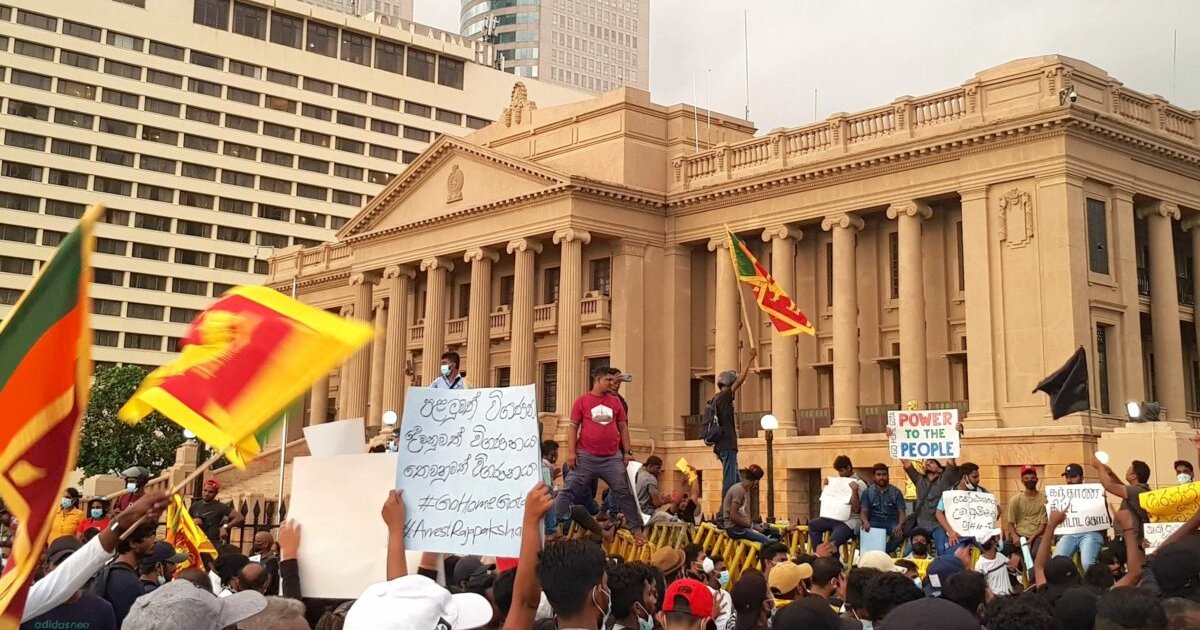
A reform program would not delay elections. On the contrary, such a program would replace the existing corrupt electoral system with an uncorrupt electoral system. Also, if there is such a reform program, the opposition parties will get the opportunity to intervene practically to control and rectify the mistakes that are being committed now.
The wrong policy being implemented in relation to the President who left office and ran away is one example that can be cited in this regard. A government employee, who has left service halfway through, does not get the same rights as one who retires from service. The same principle should apply to Presidents as well. It is not wrong to provide security to Gotabaya Rajapaksa as a former President; but it is not justifiable to grant the same facilities and privileges entitled to a president who retires upon completion of the term of service to Gotabaya, who has abandoned the office and run away. This can set a wrong precedent for future Presidents.
Unfortunately, no party or Member of Parliament has taken this issue for debate; nor has it received the attention of public interest litigation lawyers either. The Head of State should be prepared to rule the country despite terrible unforeseen threats they are compelled to face in some instances.
During the second rebellion of JVP, the rebels threatened that they would kill JR, and he miraculously saved his life when an assailant hurled two grenades into a room where the members of the ruling party were having a meeting in August, 1987. The grenades bounced off the table at which President JR Jayewardene and Prime Minister Ranasinghe Premadasa were sitting on at a meeting of the ruling party, and rolled away.
It is believed that the attack targeted President Jayewardene for his signing of the Indo-Sri Lanka Accord a few weeks earlier. A significant number of politicians close to him were also killed by the rebels. President Jayewardene did not flee because of those terrible threats. The president is not only the Head of State but also the Commander-in-Chief of the country.
In making a decision about the former president, not only all these factors, but also the fact whether he has contested the last presidential election after relinquishing his US citizenship properly, should be taken into account. If he has made a mistake, he should be punished. Then only the new hopes can be created in the public about a positive change that will have far reaching effects in the future.
At this crucial moment, cutting down the unnecessary and extravagant expenses incurred in maintaining Ministers and Parliamentarians also could be considered an important step forward that would contribute to instill and enhance confidence in the people.
If a general consensus could be achieved among the political parties for a reform program that will bring about a profound and positive change in the socio-political system and the economy, and also the Interim Constitution is made an item of the reform program, it would certainly be possible to ensure that the entire reform program will be a thing that cannot be changed arbitrarily or distorted by the incumbent government or a government that may come to power after a general election.
The proposed program could be further strengthened by involving an organization of the caliber of the United Nations as an observer of its implementation. By such a reform program, if it will be possible to overcome the balance of payments crisis and establish a democratic system of governance in which there is no space for corruption, and rule of law reigns without having discriminations based on caste, race, religion and gender differences, then, Sri Lanka, which the youth has got sick of could be turned into a proud land that inspires and revives their trust and respect.
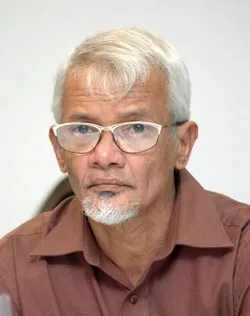
Victor Ivan
(This email address is being protected from spambots. You need JavaScript enabled to view it.)

